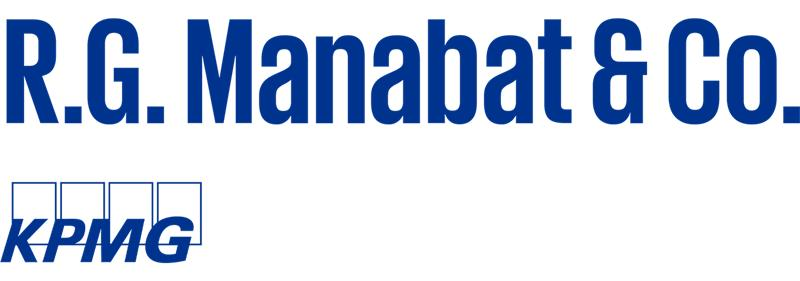While global fintech investment dropped in H2’24 compared to H1’24, a closer look at the Q4’24 results highlighted an upswing in total investment as interest rates continued to fall, the cost of capital began to improve, and the completion of a number of elections globally lessened some of the uncertainty in the global market. Despite ongoing geopolitical tensions and conflicts, there is some optimism that the fintech market globally has turned a corner and that investment and deal activity will continue to recover heading into H1’25. Here are our top predictions for fintech in H1’25:
- B2B-focused fintechs will continue to see significant interest and investment: Interest in the B2B space will continue to surge over the next six months, particularly in areas like payments and regtech.
- PE firms will increasingly participate in fintech deals: PE firms have been sitting on the fence for quite some time due to market conditions and concerns about valuations. In H1’25, PE participation in fintech deals will likely grow given their abundance of dry powder and the growing pressure they are facing to get more active and to provide returns.
- M&A activity will continue to pick up: Following on the uptick in Q4’24, M&A activity will likely grow in H1’25, driven both by increasing consolidation as startups look to gain scale in order to become more competitive or better manage regulatory pressures and as corporates increasingly look for opportunities to make strategic acquisitions.
- Interest in AI enablement will grow: Fintech investors — particularly corporates — will show increasing interest in startups focused on AI-enablement, such as using AI to improve the efficiency and effectiveness of activities like regulatory compliance and cybersecurity, or to enable customer facing staff to provide more value or quicker responses to customers.
- Regtech will continue to be a priority for investors in the EMEA region: Regtech will continue to gain attention from investors, particularly in the EMEA region given the increasing complexities associated with ensuring regulatory compliance.
- Partnerships will remain a key focus in ASPAC: Cross-jurisdictional fintech partnerships will continue to grow the fintech ecosystem in ASPAC, with growing partnerships between regulators, between central banks, and between corporates and fintechs.
- Changeover in US administration will likely boost investment in crypto: All eyes will be on the US in H1’25 as the administration changes over given expectations of deregulation and a government more supportive of crypto. Should expected changes materialize, investment in the crypto and digital assets space will likely grow, particularly on the infrastructure front; globally, stablecoins and asset tokenization are also expected to see increasing interest from investors.
Fintech funding in ASPAC region falls to ten-year low
Total fintech investment in the ASPAC region fell to $11.4 billion in 2024 — the lowest level seen since 2014; the decline was driven by several factors, including geopolitical uncertainties associated with the mass changes to governments globally, the continued focus on efficiency and cost cutting among many corporates, and the continued softness in China’s fintech sector. The payments sector remained quite a hot area of investment throughout the region, while lending-focused solutions continued to struggle. Total fintech investment in China dropped from $2.6 billion to just $687 million between 2023 and 2024, while investment in India slipped from $4.4 billion to $4.1 billion. Other jurisdictions saw more positive results; Australia saw fintech investment more than double from $839 million to $2.1 billion year-over-year, while investment in Japan held steady at $662 million.
Outlook for Fintech in the Philippines
Despite the overall funding decline in ASPAC, fintech remains a key driver of financial inclusion and digital transformation in the Philippines.
As fintech adoption grows, businesses will need to leverage innovation to remain competitive. The interplay between regulation and technology will shape the next phase of fintech in the country, providing opportunities for both startups and established financial institutions to collaborate and expand their offerings.
This excerpt was taken from the KPMG Thought Leadership publication: Pulse of Fintech H2’24
© 2025 R.G. Manabat & Co., a Philippine partnership and a member firm of the KPMG global organization of independent member firms affiliated with KPMG International Limited, a private English company limited by guarantee. All rights reserved. For more information, you may reach out through ph-kpmgmla@kpmg.com, social media or visit www.home.kpmg/ph.
This article is for general information purposes only and should not be considered as professional advice to a specific issue or entity. The views and opinions expressed herein are those of the author and do not necessarily represent KPMG International or R.G. Manabat & Co.


